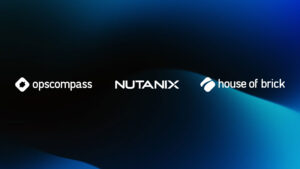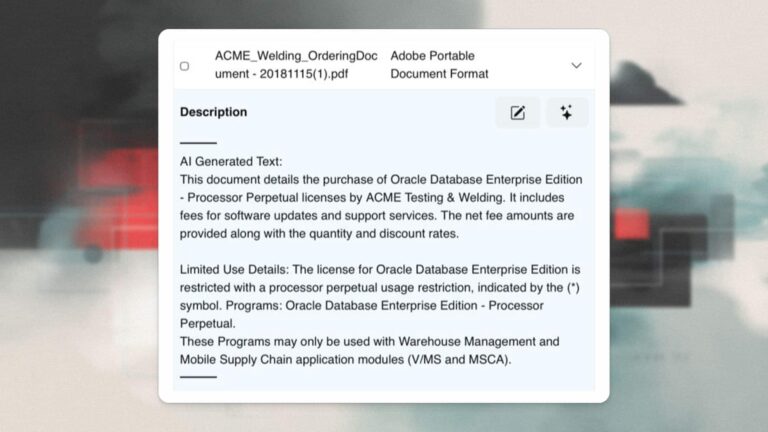by Nick Walter, Principal Architect
At House of Brick we are constantly hearing from our customers, and peers in the industry, about the latest tactics Oracle is using to try lock clients into expensive licensing deals. The latest tale to reach our ears is that Oracle is now trying to directly approach ISVs that are using AWS and attempt to intimidate them into immediate license sales (here is a public example). While it is certainly true that hosting a SaaS application on Oracle can require special licensing, these tactics by Oracle seem to indicate a desperation to boost licensing revenue via scare tactics.
Any ISV that is currently hosting a SaaS application on AWS should be paying attention to these reports. It’s time to immediately begin reviewing options and putting a plan in place in case Oracle starts turning up the heat. While we have no reliable information on how widespread this tactic is on Oracle’s part, Oracle’s litigious reputation isn’t unearned and historically they have proven that they are quite willing to act aggressively if they sense an opportunity to use the threat of compliance issues to generate a lucrative licensing deal.
The good news is that there are alternatives to just writing Oracle a big check if they come knocking. Proactively acquiring some licenses (if needed) with the associated Proprietary Application Hosting right before Oracle starts cracking down is one option, but writing Oracle a big check for no net-new features or functionality can leave a bad taste in the mouth. A more intriguing option that House of Brick has been working with our clients on is evaluating a fast conversion project to an open-source non-Oracle database engine such as Aurora. Such conversions are much easier than most people initially think, and tying a SaaS application to an open-source engine permanently removes the risk of vendor licensing costs and rules interfering with a SaaS business model.
Regardless of which option looks more attractive, House of Brick can assure readers that both options are preferable to being caught in a licensing spat between vendors, or worse in a dispute directly with Oracle. Our expert staff has helped many customers with tricky licensing situations, or migrations off Oracle in the past. The only commonality we would note between the two is that both can result in cost savings if done properly, and both are difficult to do properly when Oracle is already on the doorstep claiming compliance issues. Now is the time to act.







